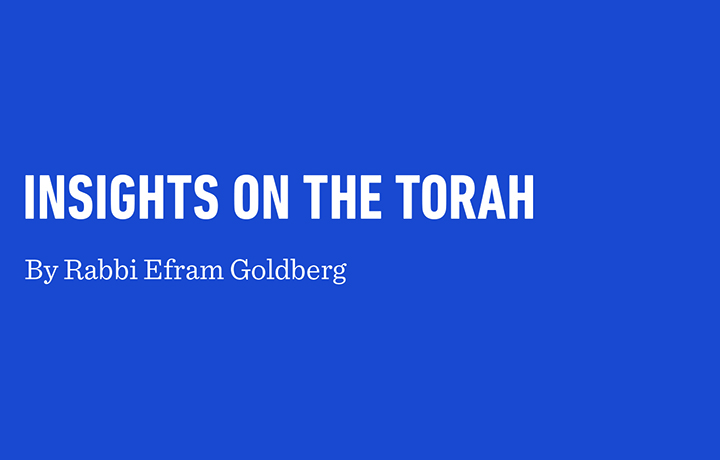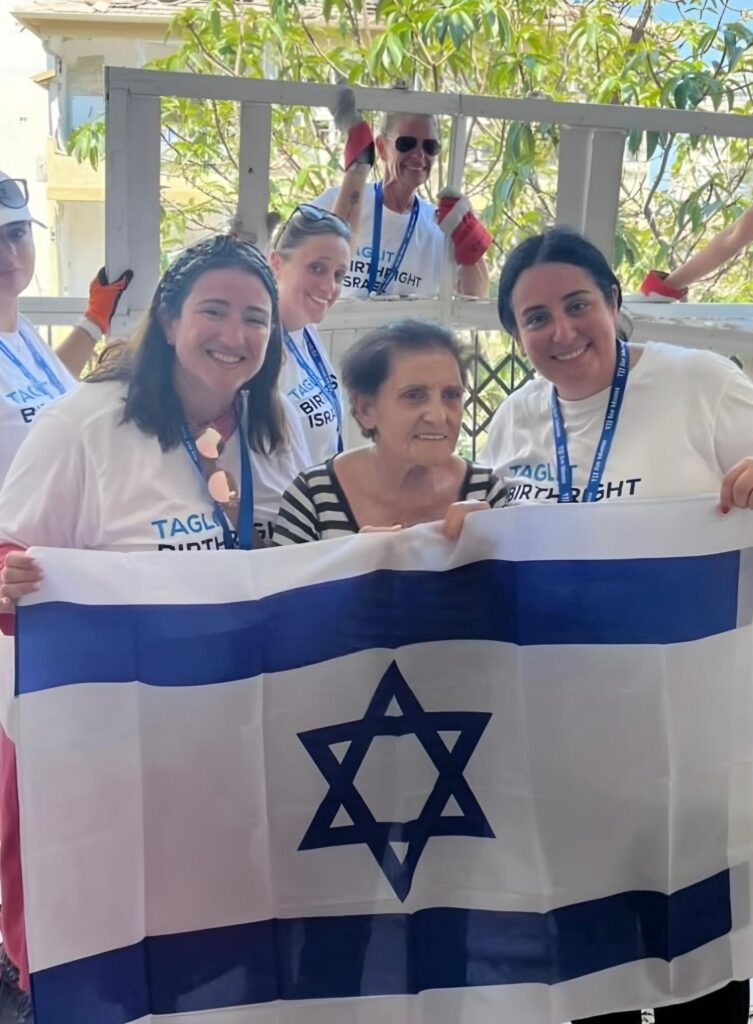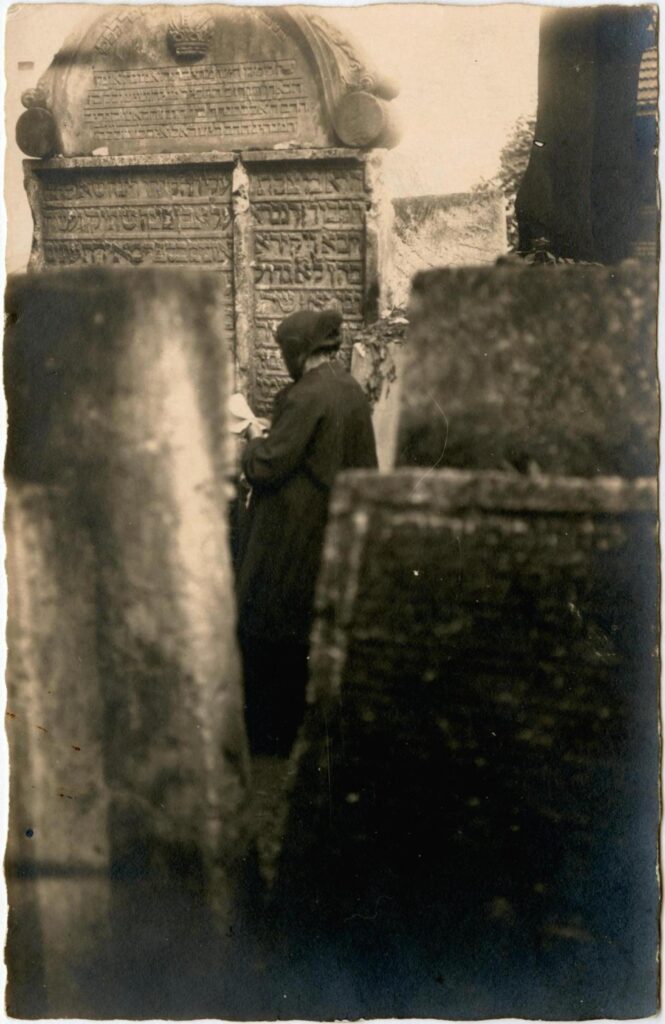Half A Pasuk In This World, Half A Pasuk In The Next
erBy Rabbi Benny Berlin
We find ourselves approaching Lag B’Omer, a day that commemorates the life and teachings of Rabbi Shimon bar Yochai. This figure looms large in our mesorah not only because of the Zohar he authored, but because of how he bridged heaven and earth. His Torah wasn’t just about understanding the world’s secrets but about living them. And most mysteriously, his final Torah teaching ends mid-pasuk. In the Zohar’s account of Rabbi Shimon bar Yochai’s final moments, it describes that as he was delivering his last dvar Torah, he was in the middle of expounding on the verse “Life he asked of You, You gave it to him,” (Tehillim 21:5). However, he only managed to say the first part “Life he asked of you, before he died.”
How could such a towering spiritual figure be denied the ability to finish a pasuk? Didn’t Chazal teach us not to say only half a pasuk? Isn’t it considered a breach of the honor of the Torah? And yet the Zohar describes that the light in the room at that moment was so intense that his students couldn’t even look in his direction. A heavenly voice declared, “The life you desired has been granted.” Something deeper was happening here.
To understand this moment, we need to understand who Rabbi Shimon was. The Zohar describes his mission as “to awaken the deepest secrets of Torah.” He didn’t invent new Torah; he revealed what had previously been hidden. In his generation, a new world of Torah was born.
Rabbi Shimon’s ending is open-ended. He wanted to say more, to share another secret, but Hashem responded by allowing Rabbi Shimon’s soul to ascend to the heavens, not as a rejection but as a lesson for Rabbi Shimon’s students and the Jewish people: This pasuk won’t be finished with your mouth alone. Let your students, Klal Yisrael and future generations finish it for you.
There’s a Gemara that tells us that tzaddikim, even in death, are referred to as alive. How? Because their Torah lives on. Because their influence doesn’t cease with their last breath. On the contrary, sometimes a tzaddik’s impact only grows after they leave this world. Rashi still teaches Torah. The Rambam still teaches Torah. And Rabbi Shimon bar Yochai, whose words we learn each year on Lag B’Omer, still teaches Torah.
The pasuk he couldn’t finish wasn’t left hanging. It was handed over to his students and their students. His unfinished pasuk is not a flaw. It’s an invitation. Will we finish the pasuk? Will we keep his Torah alive?
On the day that would be his last, Rabbi Shimon’s first teaching was based on the pasuk, “the dead cannot praise Hashem.” The Zohar explains that this doesn’t mean physical death. It means spiritual death. A rashawho is completely disconnected from kedushah cannot sing Shirah. But a person who lives a life of ruchniyus is never truly dead.
When Rabbi Shimon stopped speaking, the light didn’t stop. The fire didn’t stop. His words had become so spiritual that physical ears could no longer hear them. Rabbi Abba, his student, writes that he could not lift his eyes to look at his Rebbe. He was enveloped in fire. It was as if Rabbi Shimon himself had already passed into the next world and was teaching Torah from there.
So why couldn’t Rabbi Shimon finish the pasuk? Perhaps because it was never meant to be finished in one world. The first half was meant to be said in this world. The second half is being said in the next. Rabbi Shimon didn’t fail to finish. It’s just that the finish line for his teaching was relocated. And each time we quote him, each time we learn Zohar, each time we light a bonfire and sing “Bar Yochai,” we are finishing it with him.
Lag B’Omer is a celebration of synthesis, of opposites coming together. It’s the fusion of fire and Torah, of death and life, of this world and the next. Rabbi Shimon taught us that there’s no mechitza between this world and the next. That is why celebrations marking his yahrzeit are called “hilulas.” Unlike a typical yahrzeit, which might be marked with solemnity, a hilulah is a joyous celebration, almost like a wedding.
So here we are continuing his legacy. And in doing so, we don’t just honor his memory. We animate his presence. Half a pasuk in this world. Half a pasuk in the next. But the Shirah continues. nRabbi Benny Berlin is the rabbi of BACH Jewish Center in Long Beach, New York. For more information, visit: BACH/LongBeach.com













